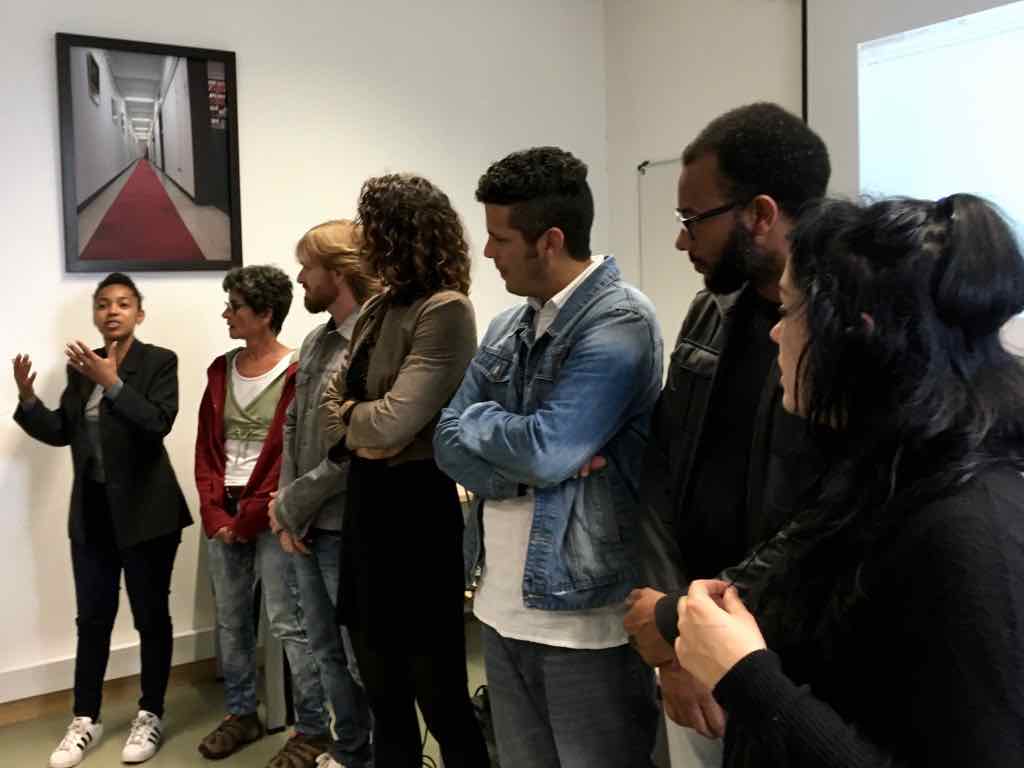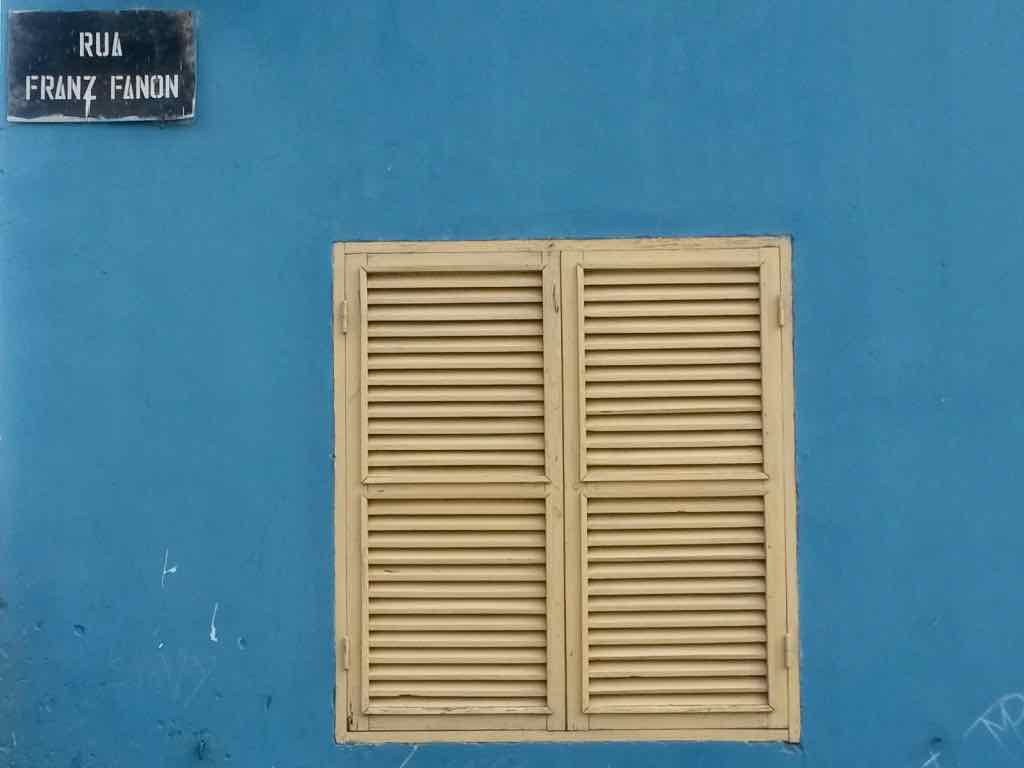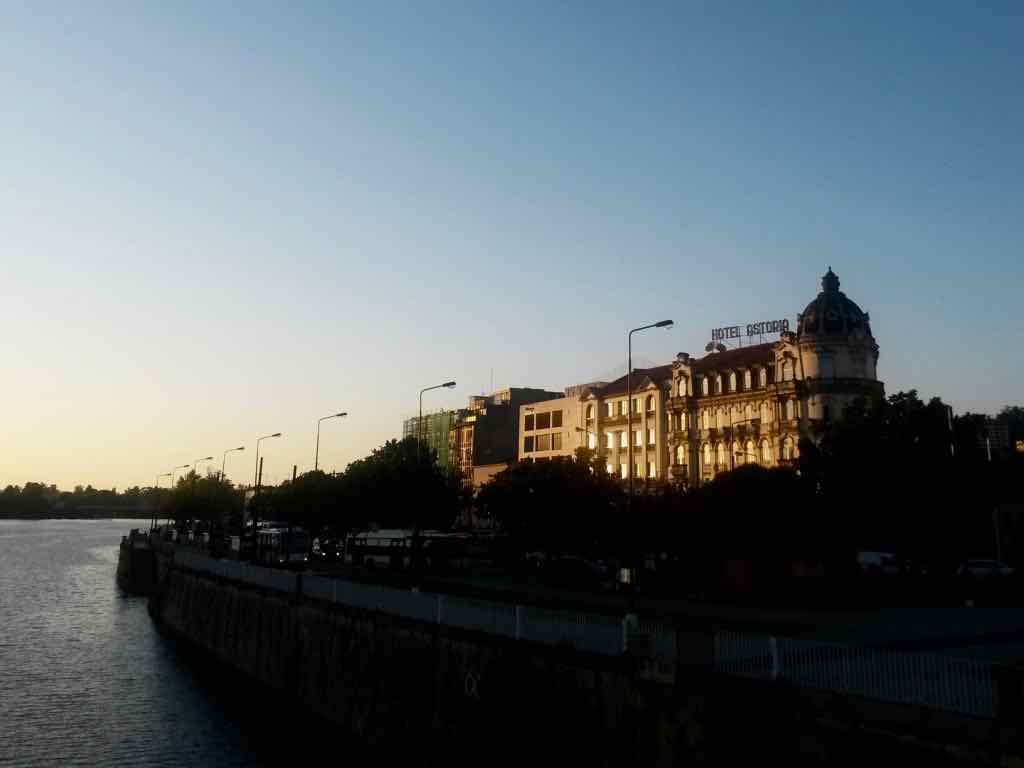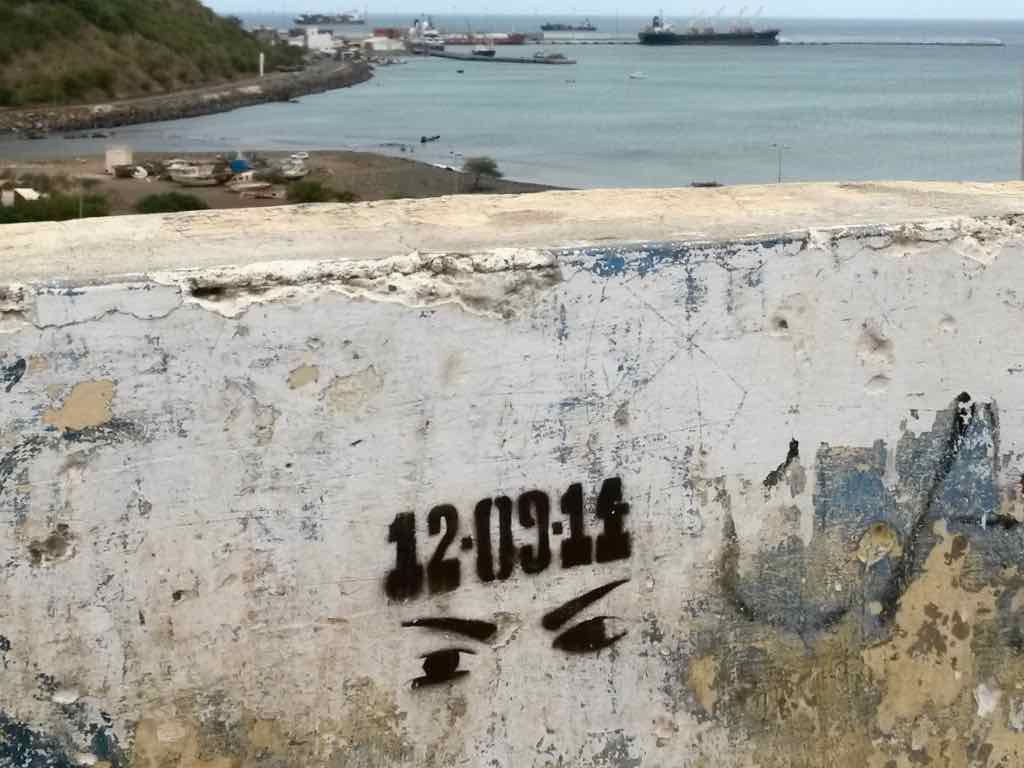
This CES Summer School aims to facilitate learning from across a variety of contexts and hence the teaching team combines academics and activists with international experience.
AbdoolKarim VAKIL is Lecturer in the departments of History and of Spanish, Portuguese and Latin American Studies at King’s College London. He has published Thinking Through Islamophobia: Global Perspectives (Hurst 2010, co-edited with S. Sayyid), and Moçambique: Memória Falada do Islão e da Guerra (Almedina 2011, co-authored with Fernando Amaro Monteiro and Mário Artur Machaqueiro). AbdoolKarim is on the editorial board of ReOrient: journal of Critical Muslim Studies and ReOrient blogs, and is co-lead of the Travelling Concepts strand of the AHRC funded Language Acts and Worldmaking research project. He is currently working on a new book on Islamophobia with S. Sayyid.
Anabela RODRIGUES is a Curinga and co-coordinator of the Association Theatre of the Oppressed Group in Lisbon (GTO-LX), a non-profit, non-governmental organization that is committed to encouraging citizens’ participation in social and political life, working directly with disadvantaged and discriminated populations. This is achieved through community groups of Theatre Forum, which create performances from real situations they have experienced and that are later presented to the community. Anabela is one of the founding members of the Laboratory AMI-AFRO, an innovative aesthetic experience that engages with the specificity of oppression faced by Afro-descendants; silenced topics such as racial, sex and class discrimination are approached from an artistic approach. She is a member of ‘Together’ a European network of the Theatre of the Oppressed (including groups from Portugal, France, Spain, Germany, Italy, Croatia and the United Kingdom); she has been coordinator of activities at the Cultural Association Moinho da Juventude (1997-2008) and the Francis Obikwelu Foundation (2008-2009) in Lisbon. She also works for Solidariedade Imigrante - an Immigrants’ Association with members from 98 different nationalities. She is the descendent of immigrants, a mother, a poet and an activist.
Beatriz DIAS, born in Dakar, is a Portuguese Black woman, antiracist activist and Biology teacher in compulsory education. She is the founder and leader of Djass - Association of Afro-descendants, a non-profit organisation created in 2016 with the objective of combating racism and defending the rights of Afro-descendants. Jointly with other anti-racist and Afro-descendant groups and associations, they organised the campaign to change the nationality law and demonstrations against racism and police violence, as well as participated in the process of discussion on the collection of ethnic-racial data in the Census. In 2017, Djass proposed one of the winning proposals of the Participatory Budget of Lisbon, consisting of the creation of a Memorial to Enslaved People, which will be built in the historical centre of the city. Her main interests are the decolonization of the processes of production and reproduction of knowledge and culture, as well as the construction of a counter-narrative on History and Memory.
Bruno GONÇALVES graduated in Socio-educational animation at the Escola Superior de Educação de Coimbra (ESCE). He is member of the Roma community and has been socio-cultural mediator for over 20 years. Bruno is also mediator trainer and national delegate of the ROMED Programme (Council of Europe) and Vice-President of Letras Nómadas – Association for Research and Reinforcement of Roma Communities. From 2010 to 2012 he was a member of the Commission for Equality and against Racial Discrimination (CICDR) in Portugal. He has also been a founding member and first president of the Roma Association of Coimbra. Since 1998 he has been an activist in SOS Racismo-Portugal. He is the author of the children’s book: A História do Ciganinho Chico.
Cristiana BASTOS (PhD CUNY 1996) is an anthropologist whose interests combine the disciplines of anthropology, history, and the social study of science, technology and medicine. She is a core team member of the Institute of Social Sciences, University of Lisbon, where she currently leads the Research Group Identities, Cultures, Vulnerabilites. She taught at the University of Lisbon, Coimbra, ISCTE, Brown, UMass, UNICAMP, UERJ, and guest lectured at Museu Nacional-UFRJ, FIOCRUZ, UFSC, UnB, Yale, Chicago, Oxford, JNU, U Eduardo Mondlane, among others. In her previous research projects, she addressed population dynamics, transnational mobility, colonial biopolitics, medicine and empire, and the social history of health and well-being, with field and archival research in Portugal, Brazil, the US, Mozambique and India. In the Colour of Labour project, she is directly involved with the fields of Guyana, Hawai‘i’i, New England and Angola. She has published extensively on her research topics, with articles in the journals Medical Anthropology, Anthropology & Medicine, History and Anthropology, Social Analysis, Bulletin of the History of Medicine, International Migration, Journal of Southern African Studies, Identities, Análise Social, Etnográfica, Horizontes Antropológicos, and a variety of edited volumes and monographs.
Hassane MEZINE is a professional photographer based in Paris with 10 years of experience as an educator in digital photography and multimedia. In 2004, he enriched his technique by participating in the shooting of the movie ‘Algeria Twist/Turns’ by Leila Morouche and Oriane Brun-Moschetti, and in the company of René Vautier - the dauntless anti-colonial filmmaker. This was an experience that marked a turn in his work. In 2015, he started his first documentary film: ‘Fanon yesterday, today’. In 2016, he worked as a director of photography for ‘Delou’, a TV series in 52 episodes made in Niger, in Hausa language, by Souleymane Mahamane. Since 2018, Hassane has been travelling across France, Europe, North Africa and the French Caribbean to present his documentary in cinemas, community centres and universities. He has followed social and political events for more than 15 years by covering anti-racist and decolonial struggles.
José Antonio Novaes da SILVA (‘Baruty’) is a Professor at the Federal University of Paraíba (UFPB), where he has been working since 1989. He has articulated his academic work with themes related to the Black population, both diasporic and pre-diasporic, with work on diseases prevalent in the population, as well as themes related to Law 10.639/2003, which made compulsory the teaching of the culture and history of Africans and of Afro-descendants in compulsory schooling in Brazil. He also participated in processes of affirmative action in Higher Education, namely in the preparation of the quota policy for undergraduate courses (2010) and postgraduate studies (2016) of the UFPB. He is a member of the Organising Committee of the First Racial Equality Conference, held in 2005.
Jessica de ABREU is an anthropologist, and co-founder of The Black Archives, which is one of the first historical archives in the Netherlands that focuses on Black Dutch history, and beyond. She graduated from the department of Social and Cultural Anthropology and Culture, Organization and Management at VU University Amsterdam. Her passionate commitment to the field of African Diaspora, led to research on upward social mobility in New York, Amsterdam, and London. Her recent research focussed on Black Dutch radicalism which developed in an exhibition named “Black & Revolutionary: the story of Hermina and Otto Huiswoud”.
Kwame NIMAKO (MA, Sociology; PhD Economics, University of Amsterdam) is the founder and director of the Summer School on Black Europe based in Amsterdam since 2007. He was visiting professor at the Department of African American Studies at the University of California at Berkeley (2018; 2012-2015); and at the University of Suriname (2011), and taught International Relations at the Department of Political Sciences at the Universiteit van Amsterdam (1991-2013). He has been a consultant for several private and public institutions in the Netherlands and abroad, including the National Institute for the Study of Dutch Slavery and its Legacy (NiNsee). He is the author or co-author of some 30 books, reports and guidebooks on economic development, ethnic relations, social policy, urban renewal, and migration. His recent publications include: ‘Lost and Found: Sovereignties and State Formations in Africa and Asia’; In Routledge Handbook of Africa-Asia Relations (Routledge 2018; Eds. P.A. Raposo, D. Arase and S. Cornelissen); an entry on Kwame Nkrumah in the Wiley-Blackwell Encyclopedia on Race, Ethnicity and Nationalism (London, 2016); ‘Location and Social Thought in the Black: A Testimony of Africana Intellectual Tradition’ In: S. Broeck and C. Junker, Postcoloniality,-Decoloniality-Black Critique: Joints and Fissures (Frankfurt: Campus Verlag, 2014); The Dutch Atlantic: Slavery, Abolition and Emancipation (with Glenn Willemsen) (London, Pluto Press, 2011). He is working with Stephen Small on a book entitled Public History, Museums and African Diasporic Memory in England and the Netherlands.
Mamadou BA was born in Senegal. He is an activist and anti-racist militant, and has worked since the mid 1990s for the cause of the rights of migrants and ethnic minorities. He obtained a degree in Portuguese Language and Culture from the Cheikh Anta Diop University, Dakar; he has also a degree in Translation from the University of Lisbon. He is a founding member of the Luso-Senegalese Association, the Anti-Racist Network, the Diaspora Afrique, as well as of the Alliance of African People and of People of African Decent in Europe. From 1999 to 2012 he represented Portugal as a full-member of the Administrative Board of the European Network Against Racism -ENAR. He has been a member of the SOS Racism Movement since the 1990s as well a member of its national board. He’s also one of the coordinators of the Platform for Afro-Descendants in Portugal, having contributed to the elaboration of the Open Letter to the UN Committee on the Elimination of Racial Discrimination (CERD) in 2016. He has published widely on the topic of diversity, racism and migrations.
Marta ARAÚJO (PhD in Sociology of Education, University of London) is a Senior Researcher at the Centre for Social Studies of the University of Coimbra, where she lectures in several doctoral programmes. She is also invited researcher at CEREN at the University of Helsinki and invited lecturer at the Black Europe Summer School (International Institute for Research and Education - IIRE, Amsterdam). She is currently consultant to the Government’s Working Group on the Ethnic–Racial Question for the 2021 Census. Marta has published internationally and is currently a member of the Editorial Board of publications on sociology, race and education in Brazil, Britain, Portugal and the United States. Her research work has focused on the (re)production and challenging of racism and Eurocentrism, with a focus on knowledge production and dissemination, public policy, and anti–racism. She recently published: ‘Race, History, and Education in Brazil and in Portugal: challenges and perspectives’, Educação & Realidade, 42, 1, 1-22, 2017 (with A. Pereira); ‘A very prudent integration: white flight, school segregation and the depoliticization of (anti)racism’, Race, Ethnicity and Education, 19, 2, 300-323, 2016; Eurocentrism, Racism and Knowledge: Debates on History and Power in Europe and the Americas. Basingstoke & New York: Palgrave MacMillan, 2015 (with S. Maeso).
Mitchell ESAJAS (1988, NL) is co-founder and chairman of New Urban Collective, a network for students and young professionals from diverse backgrounds with a focus on the Surinamese, Caribbean and African diaspora. He is a social entrepreneur involved in various community projects in the areas of education, employment, diversity and sustainability. Mitchell studied Business Studies and Anthropology at the Vrije Universiteit Amsterdam. In 2016 he co-founded the Black Archives in Amsterdam, a unique collection of books, documents and artefacts documenting the history of black people and black resistance in the Dutch context. Based on the collection they develop work with artists, activists and scholars to develop exhibitions and other public activities. In 2018 they won the Amsterdam Art Prize.
Miye Nadya TOM is a scholar of Native American (Walker River Paiute/Pomo) and Russian descent. She received her PhD from the University of Coimbra, Portugal. Her work on post/colonialisms and ethnicity/race examines, from a comparative and international perspective, transforming institutions of learning and knowledge production to meet the educational needs of youth from underrepresented communities, including: Native Americans (USA), communities of African origin (Portugal), and Roma (Spain). In collaboration with Dr. Elizabeth Sumida-Huaman and Dr. Teresa McCarty, she is currently leading the guest editorship of the International Review of Education’s special issue on Indigenous knowledges as vital contributions to sustainability. Her scholarly work has also been featured in the Comparative Education Review, the International Review of Education, and in the publication Postcolonial Europe: Comparative Reflections after the Empires (edited by Lars Jensen, Julia Suárez-Krabbe, Christian Groes, Zoran Lee Pecic, 2017). She has been updating her research on urban Native American education in the San Francisco Bay Area, California, where she has also been working in inclusive education, early child development and Applied Behaviour Analysis. She also writes poetry on the side, which has been featured in News from Native California.
Nicole GRÉGOIRE is a FNRS Postdoctoral Fellow affiliated with the Laboratoire d’Anthropologie des Mondes Contemporains at the Institute of Sociology of the Université Libre de Bruxelles. She holds a PhD in Social and Political Sciences that she obtained from the Free University of Brussels (ULB) in 2013. In 2014-2015 she was a Fulbright Postdoctoral Fellow and a BAEF Honorary Fellow at Florida International University in Miami, Florida, USA. Her research focuses African diasporas’ associational life and forms of collective action in Europe and in the US. She has extensive research experience in issues related to social movements, migration studies, and ethnic and racial studies. She has published several articles in peer-reviewed journals and has contributed to several books on post-migratory Europe, on African diasporas and on black solidarity.
Solange P. ROCHA is a historian, Associate Professor at the Department and in the Postgraduate Programme in History (PPGH) at the Federal University of Paraíba (UFPB). She received her Master's degree (2001) and a Doctorate (2007) from the Federal University of Pernambuco Federal Fluminense (2004). Her doctoral thesis, ‘Black People in the Eighteenth-century Paraíba: population, family and spiritual kinship’, received an award by the National History Association in Brazil (ANPUH, 2009). As a researcher and activist, she has participated in Black social movements. In 2001, she was one of the founders of Bamidelê: Organisation of Black Women in Paraíba and, in academic activism, Solange participated in the creation, in 2011/2012, and coordinator of the Research Group of Studies and Afro-Brazilian and Indigenous Research - NEABI-CCHLA/UFPB. Currently, she coordinates the Postgraduate Programme in History (2017-2019), and participates in the direction of Bamidelê - the Movement of Black Women in Paraíba. She carries out research on African Diaspora in Brazil, Afro-Brazilian Heritage, Black Feminism and History Education, with an emphasis on the black population.
Suvi KESKINEN is Professor in Ethnic Relations and Nationalism at the Swedish School of Social Science, University of Helsinki in Finland. During 2014-2019, she holds the Academy Research Fellow position. Her research interests include post/decolonial feminism, critical race and whiteness studies, politics of belonging, nationalism, political activism and Nordic colonial/racial histories. She is currently working with a research project on postethnic minority activism and leading a larger project on intersectional border struggles and disobedient knowledge in activism. Earlier Keskinen has studied right-wing populism, media and political debates on migration and racism, gendered violence and youth in racialised residence areas. She has published several books and edited Special Issues, as well as journal articles in for example Social Politics, Ethnicities, Journal of Youth Studies, Nordic Journal of Migration Research, Critical Social Policy, Social Identities and Journal of Intercultural Studies.
Víctor BARROS is a researcher at the Institute of Contemporary History, NOVA University of Lisbon, currently working for the project ‘Amilcar Cabral: from Political History to Politics of Memory’. He is a PhD candidate in Contemporary Studies at the University of Coimbra and the author of the book ‘Concentration Camps in Cape Verde: the islands as spaces of deportation and prison in the New State’ (‘Campos de Concentração em Cabo Verde: As Ilhas Como Espaços de Deportação e Prisão no Estado Novo’, Imprensa da Universidade de Coimbra, 2009) – about the colonial concentration camps in Cape Verde – as well as of several publications about Portuguese colonialism, commemorations, politics of memory, and history writing.





